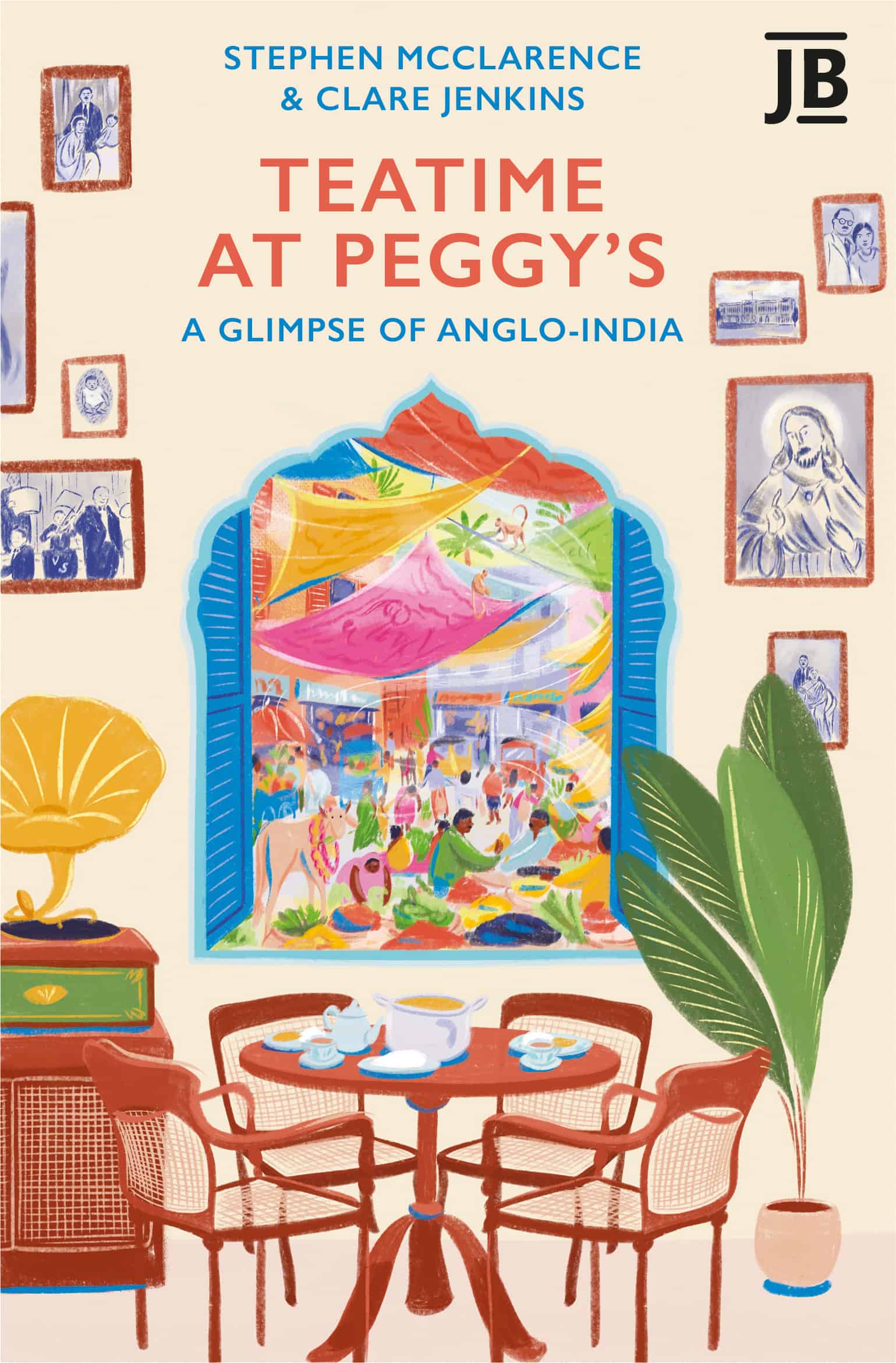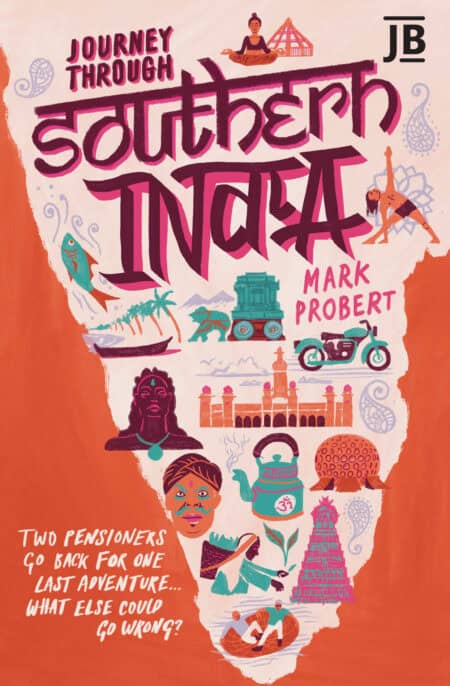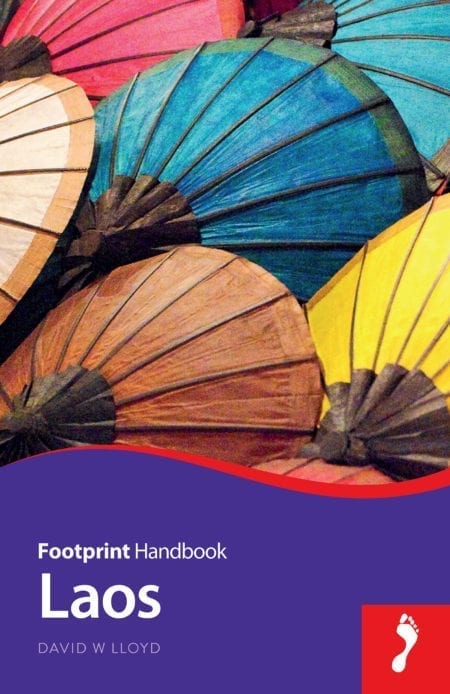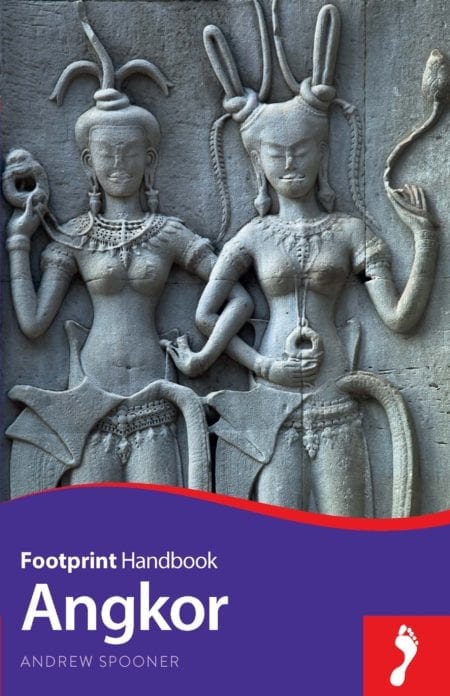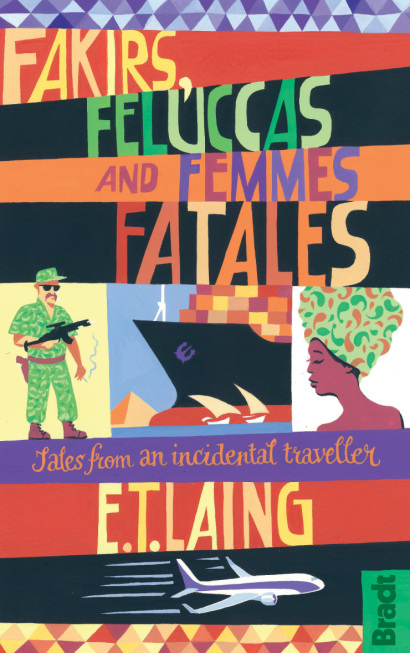Teatime at Peggy’s
A glimpse of Anglo-India
by Stephen McClarence & Clare JenkinsEncounters by a travel writer & a radio broadcaster with one of India’s most endangered communities: Anglo-Indians (descendants of British men & Indian women). Centred on the railway town of Jhansi, inspiration for John Masters’s 1950s novel about Partition, Bhowani Junction, with its European cemetery & 1857 Mutiny graves.
Edition: 1
Number of pages: 280
About this book
A warm, humorous and evocative celebration of the eccentric, time-warped and fast-disappearing Alice in Wonderland world of one of India’s most endangered communities: the 150,000-strong Anglo-Indians (mostly descendants of British men and Indian women).
For 15 years, award-winning travel writer Stephen McClarence and his BBC Radio journalist wife Clare Jenkins regularly visited Jhansi, the railway town in Uttar Pradesh that inspired Bhowani Junction, John Masters’ classic 1954 tale of Anglo-Indian life during Partition. There they spent hours ‘down the rabbit hole’ with Peggy Cantem – ‘Aunty Peggy’ as she was known throughout the town, daughter and widow of railwaymen, overseer of the European cemetery with its 66 Mutiny graves and ‘dancing and prancing peacocks’ – and with her great friend Captain Royston (Roy) Abbott, ‘The Rajah of Jhansi’, possibly India’s last British landowner and ‘more British than the Brits’.
In Peggy’s tiny, crowded ground-floor flat, she and her friends would reflect on Anglo-Indian life then and now: the dances (waltzes, foxtrot, jive), amateur dramatics, May Queen balls (Anglo-Indian women were famed for their beauty), meals of Mulligatawny soup, toad-in-the-hole and ‘railway lamb curry’.
Those friends included the ladylike Gwen, scooter-riding Buddie, Cheryl with her ‘hotchpotch’ ancestry, Winston Churchill-reciting Pastor Rao, Peggy’s tiny and impoverished maid May, her cook Sheela and auto-rickshaw driver Anish. Conversations covered Monsoon Toad Balls (to find ‘the most hideous-looking man’), moonlight picnics in the jungle, pet mongooses, the British Royal Family… They also covered the history of the minority Anglo-Indian community, once designated an OBC (Other Backward Caste).
The only community in India with the word ‘Indian’ in its name, it’s now in danger of dying out. There are only 30 Anglo-Indian families left in Jhansi, many officially below the poverty line. Their first language is English, they often dress Western-style and their homes could be in the 1950s Home Counties, were it not for the mounted tiger heads alongside the Sacred Heart fridge magnets, the aviaries of parakeets outside, the three plaster flying ducks inside, the pictures of Buckingham Palace embroidered on the antimacassars. Teatime at Peggy’s is a valuable addition to the history & literature of this fast-dwindling community.
Before ordering ebooks from us, please check out our ebook information.
About the Author
Stephen McClarence is an award-winning travel writer, specialising in India and the UK. His work has appeared in many newspapers and magazines including The Times, The Daily Telegraph, National Geographic Traveller & DestinAsian magazine. He has also written book reviews and features for The Times and has been an exhibiting photographer.
Clare Jenkins was a regular contributor to Woman’s Hour for 20 years and has made features and documentaries, including about India, for BBC Radio 3 and 4, latterly via her production company, Pennine Productions. These include a half-hour programme about Peggy and her friends, broadcast in 2015, also called Teatime at Peggy’s. She has a particular interest in the Anglo-Indian community as one of her great-uncles married an Indian woman, whose name has vanished from collective family memory, despite the union producing two children and, subsequently, grandchildren.
Reviews
Praise for Teatime at Peggy’s:
‘Stephen and Clare tell their story with affection, compassion and humour; they have a real gift for bringing their subjects to life. I found the book a delight to read and can wholeheartedly recommend it’ – Adam Streatfeild-James in the Journal of the Families In British India Society
‘A delight to read, and a compelling example of oral history… a gem’ – in Chowkidar, the magazine of the British Association for Cemeteries in South Asia
‘A clear labour of love, I would recommend Teatime at Peggy’s to anyone who likes to travel from the comfort of their living room, and certainly anyone with an interest in India.’ – Book After Book @Silvia_reads
‘An interesting and insightful book which documents a life that is fast disappearing’ – Lynda’s Book Reviews @Lyndas_bookreviews
‘An absolutely brilliant, entertaining and fascinating travel memoir that will sweep you off to India at the turn of a page’ – Kirsty Whitlock @bookwormwhitlock86
Praise for the radio version of Teatime at Peggy’s on BBC Radio 4:
‘Vividly evocative… Clare Jenkins shares tea, seedcake and samosas with Peggy as she remembers moonlight picnics, pet mongooses, Mulligatawny soup, reflecting on Anglo-Indian life today’ – Gillian Reynolds, Sunday Telegraph
‘Captures a vanishing way of life… In their unique culture, Tower of London fridge magnets and toad in the hole are compatible with samosas and exotic tales of pet mongooses’ – Stephanie Billen, The Observer
‘Catches something of the special atmosphere of a culture and way of life that are fast disappearing’ – Susan Jeffrey, Daily Mail
‘[Captain Abbott is] Born and bred in India “but as British as you come”. You could almost hear his handlebar moustache in his big, booming voice flecked with the up-and-down lilt of Hindi’ – Kate Chisholm, The Spectator
‘The programme made me want to take tea with Peggy’ – David McGillivray, Radio Times
‘I think Peggy has to be one of my favourite non-fiction characters ever’ – Ross Dickinson, author and copy editor
Additional Information
Table of ContentsChapter 1: The holy man and Peggy
Chapter 2: Captain Abbott – British India preserved in aspic
Chapter 3: ‘Inconvenience caused is deeply regretted’
Chapter 4: A living god and a dancing girl
Chapter 5: A cricket match and a dead cow
Chapter 6: ‘Hardly anyone knows what a foxtrot or waltz is now’
Chapter 7: Caparisoned tuskers and naked men
Chapter 8: ‘God-fearing with sober habits’
Chapter 9: ‘The peafowls are… dancing and prancing’
Chapter 10: Madurai and marriage
Chapter 11: A village wedding
Chapter 12: Moonlight picnics in the jungle
Chapter 13: May Queens and Monsoon Toad Balls
Chapter 14: ‘Jhansi Ki Rani’ and ‘the Tony Curtis of Jhansi’
Chapter 15: ‘Each time she laughed, her eyeballs would come out’
Chapter 16: ‘You’ve never seen a better jiver than Peg!’
Chapter 17: ‘The crane fell down, dead as a dodo’
Chapter 18: ‘My mongoose hasn’t come this morning’
Chapter 19: End of an era
Afterword
